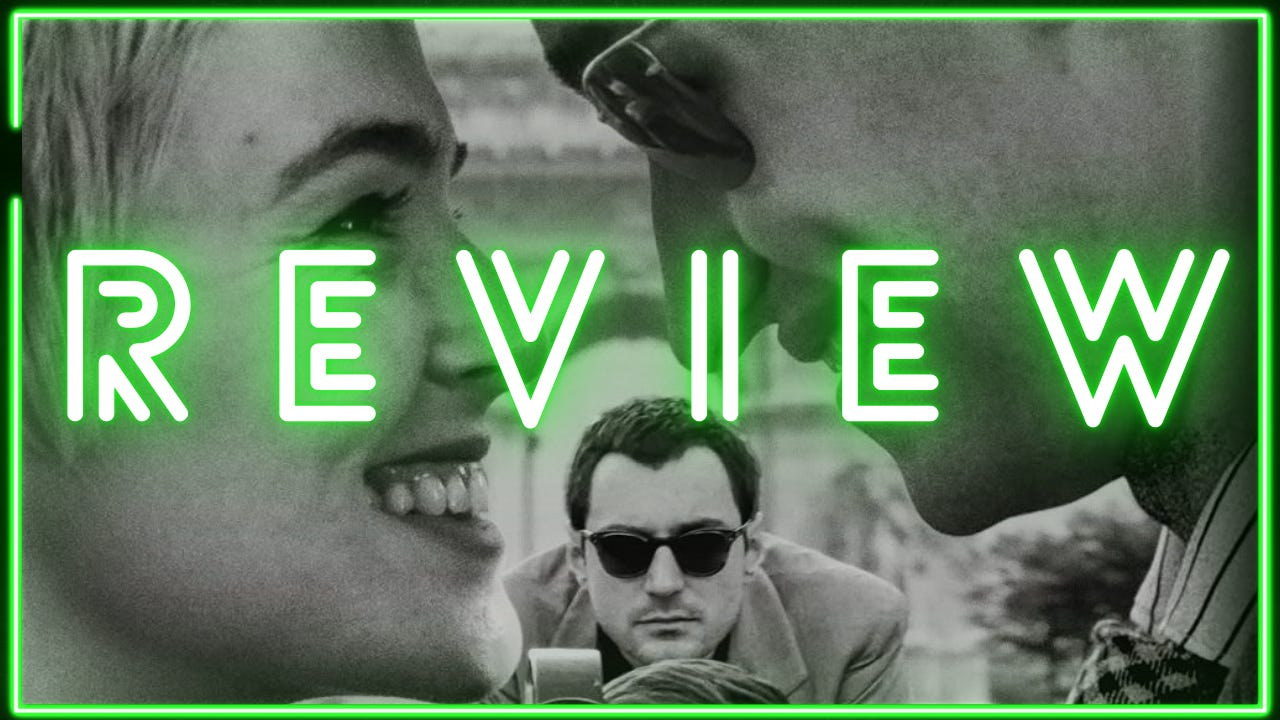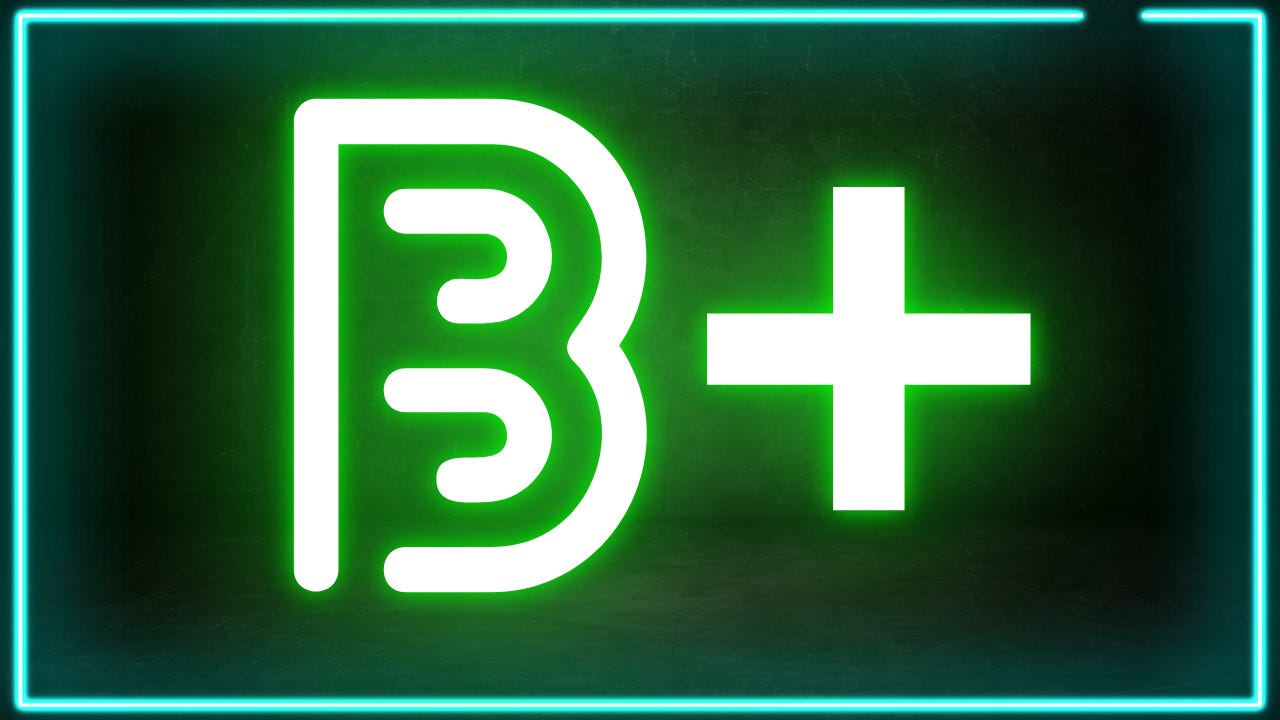Film Review: Nouvelle Vague
Everyone Loves The New Wave
INTRODUCTION
This is a quick review of the newly released film Nouvelle Vague. Please note that this is just one of the many movies I will have watched each year, and my initial grade for this film may change over time, for better or worse. To stay up to date on my thoughts about other movies and any potential changes in my opinion on this one, follow me on Letterboxd.
If you enjoy these reviews, I’d greatly appreciate it if you could share this newsletter with family and friends who might love receiving film reviews, classic movie lists, and Oscars projections straight to their inbox.
PLOT
Via Letterboxd: This is the story of Godard making Breathless, told in the style and spirit in which Godard made Breathless.
REVIEW
Earlier this year, Richard Linklater’s Blue Moon examined American lyricist Lorenz Hart at the twilight of his career and life. His second film of the year, Nouvelle Vague, which actually premiered earlier at the Cannes Film Festival, turns its gaze to the dawn of pioneering French filmmaker Jean-Luc Godard’s career, focusing specifically on the making of his seminal 1960 film Breathless.
This could have easily been a straightforward biopic, relying on modern techniques to trace the key facts behind the making of one of cinema’s most influential films. But Linklater instead takes a more daring route by presenting Nouvelle Vague as if it were an early sixties New Wave film itself.
That means cinematography styled to look of-the-era, a loose narrative that drifts with the rhythm of Breathless, and an emphasis on atmosphere and moment over plot; what I like to call a “vibes” movie. Background characters and seemingly aimless detours abound, giving the impression that you’re not only watching a film about the French New Wave but also inside one. The result is a fascinating hybrid; part deconstruction of filmmaking, part immersive recreation of what it might have felt like to be there in the streets, in the cramped rooms, as a chaotic shoot gradually morphed into a landmark of sixties cinema.
Now, I’ll admit I don’t quite worship Breathless the way many cinephiles do. I first saw it about a decade ago while trying to broaden my world cinema palate, and while I deeply respected it, I never quite loved it. Linklater, on the other hand, clearly does, and his affection for both the film and the era shines through. His enthusiasm is infectious, and it carried me through Nouvelle Vague from start to finish.
That said, the film’s style does come with trade-offs. Its meandering, mood-driven approach occasionally leads to lulls, and if you can’t tune into its wavelength, it may easily lose you. The finale, too, feels a bit rough and unresolved. But to be fair, those are the very same criticisms I have of Breathless; which, in a way, means Linklater nailed the assignment. For better and for worse, Nouvelle Vague mirrors its subject perfectly.
Much like Blue Moon, this is a “hangout” movie; whether spending time with these real-life figures feels engaging or tedious will depend on your mood and your love of the material. Personally, I found both of Linklater’s 2025 films to be quietly comforting. Blue Moon plays like a filmed stage piece; Nouvelle Vague feels like being right there on set. Both succeed in expressing Linklater’s admiration for the artists who came before him. Neither reaches his absolute best work, but both come close. I give it the same grade I gave Blue Moon, a solid B+.
“TL;DR”
Pros: Linklater’s love and respect for this era of French cinema really shines; Shot in a way that makes you feel like you’re watching a new wave film; Performances that perfectly match the vibe and aesthetic Linklater is clearly going for
Cons: At a certain point the narrative style starts to make the movie feel like its spinning its wheels in the middle section; As a vibes film this could easily lose viewers who struggle to get on its wavelength; Finale felt very sloppy and unfinished in its execution
GRADING




